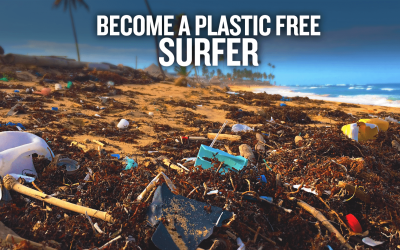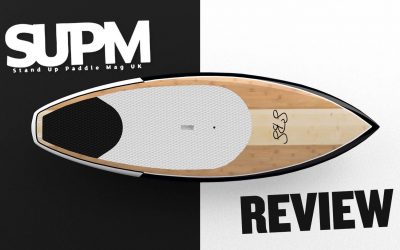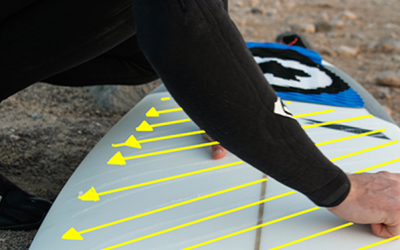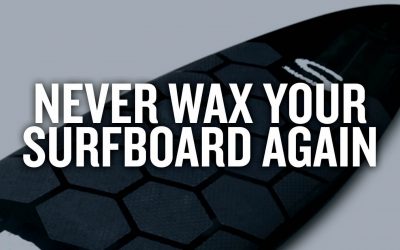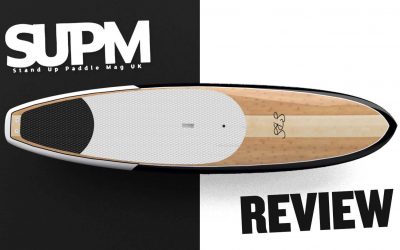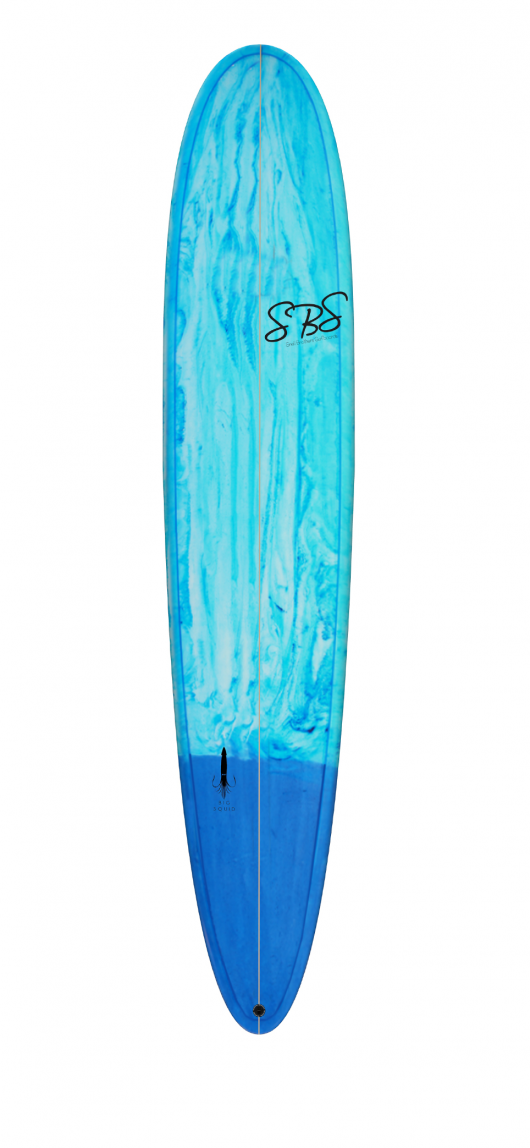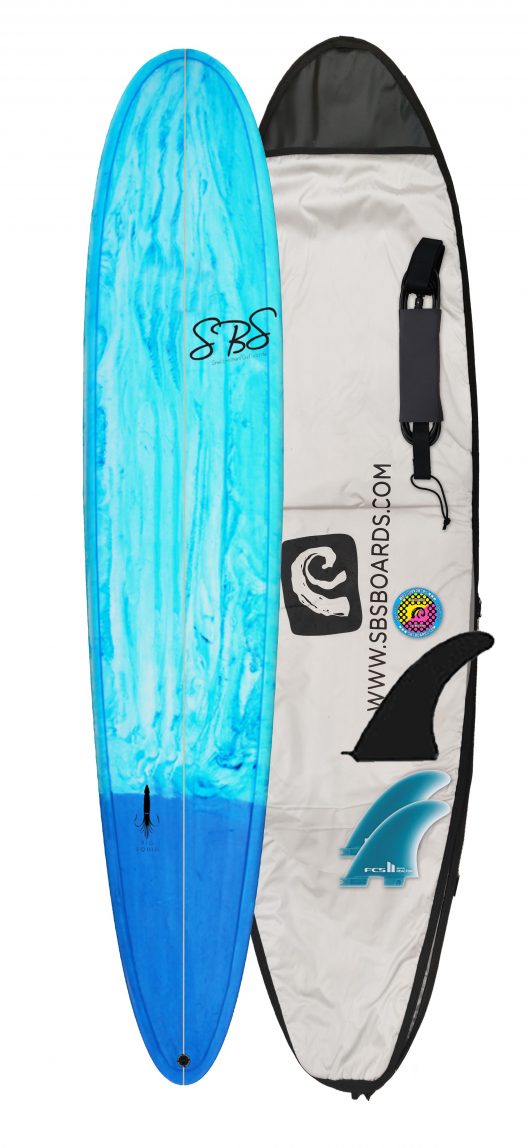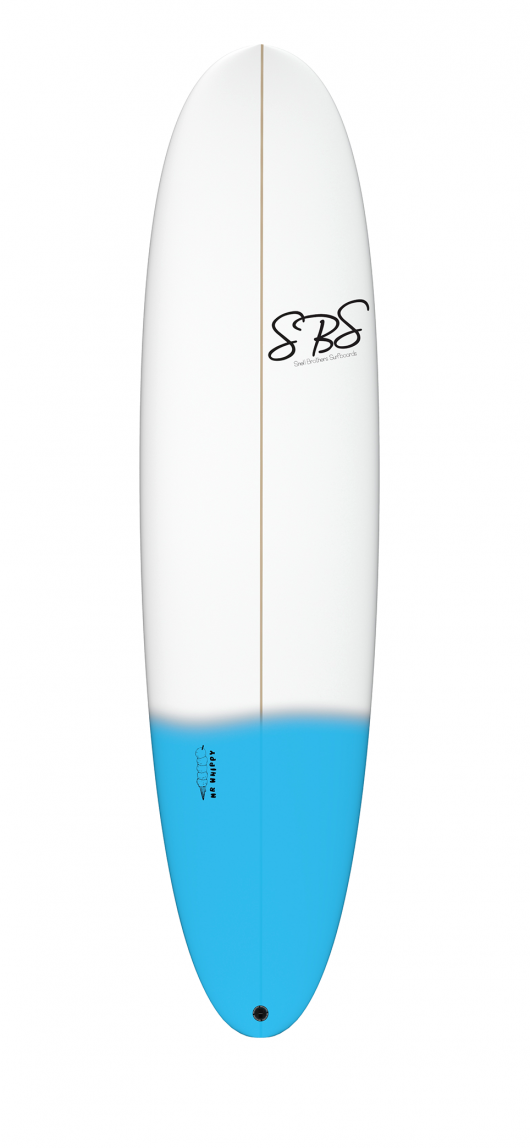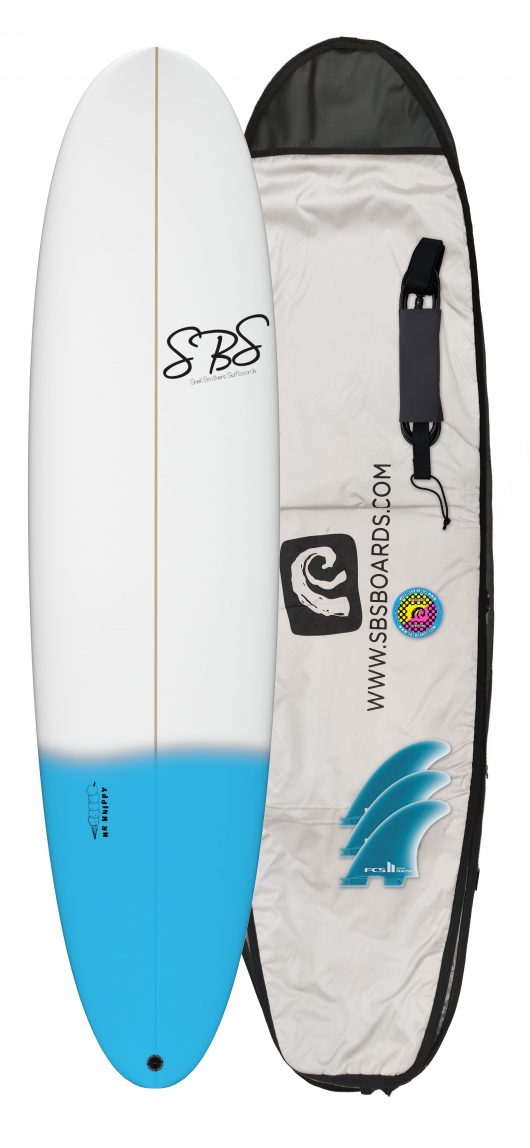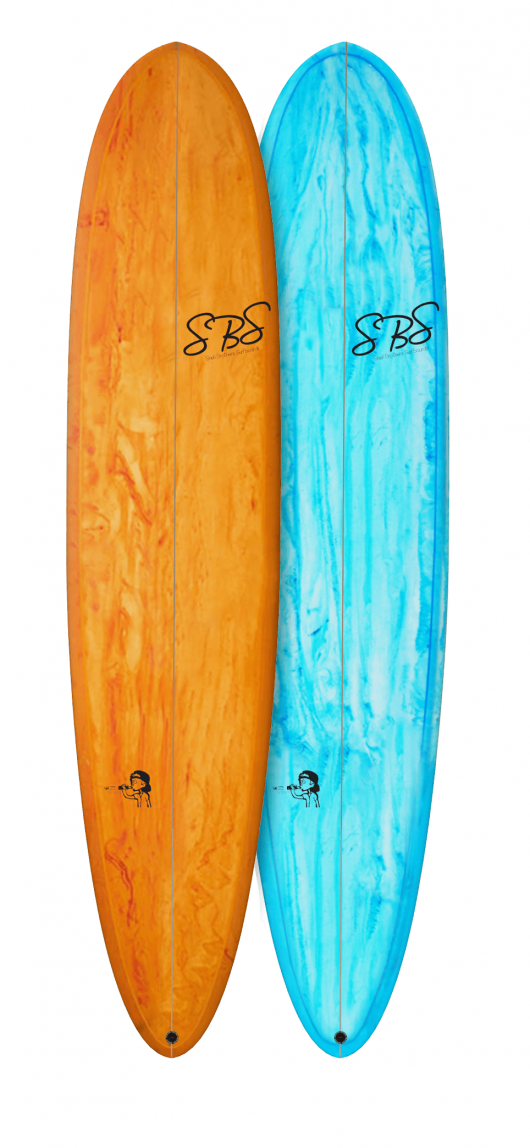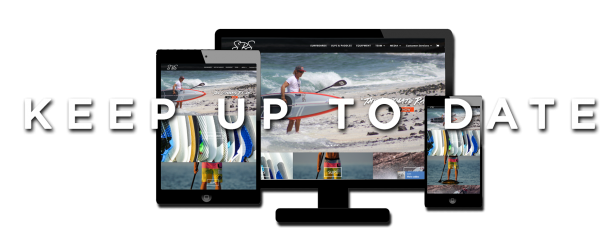Beginners guide to pop up How to pop up
Learning the pop up is one of the most basic and vital movement that you will perform every time you go surfing making sure that you technique is good is critical to the start of every wave but also your progression. Below are a few key points for learning the pop up
You can practice the pop up pretty much anywhere it’s a good idea to practice on the floor as a beginner to help your body remember the techniques as well as condition your muscles by building up some arm strength.
Beginners guide to pop up How to pop up
Before you start you will need to know a few of the basic parts of the surfboard
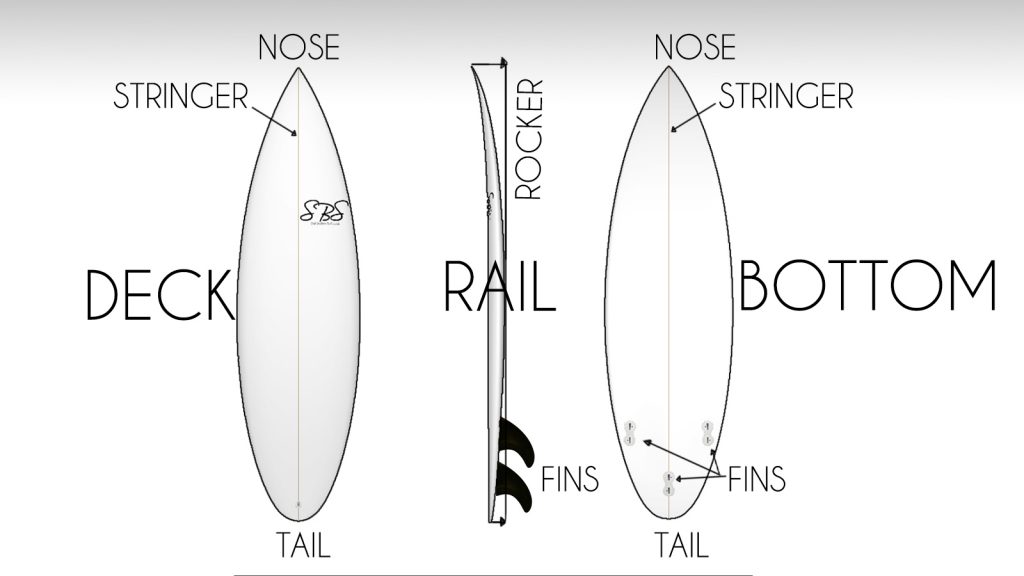
Stance
Before you start to stand on the board you will need to figure out what stance you prefer. The best way to stand on a board is sideward you will need to play around with what stance feel more comfortable. If your “Regular” stance you will have your right foot at the back closer to the tail, and the left at the front closer to the centre of the board and if you’re “Goofy” it will be the opposite. Both these stance are the same it’s just down to your preference.
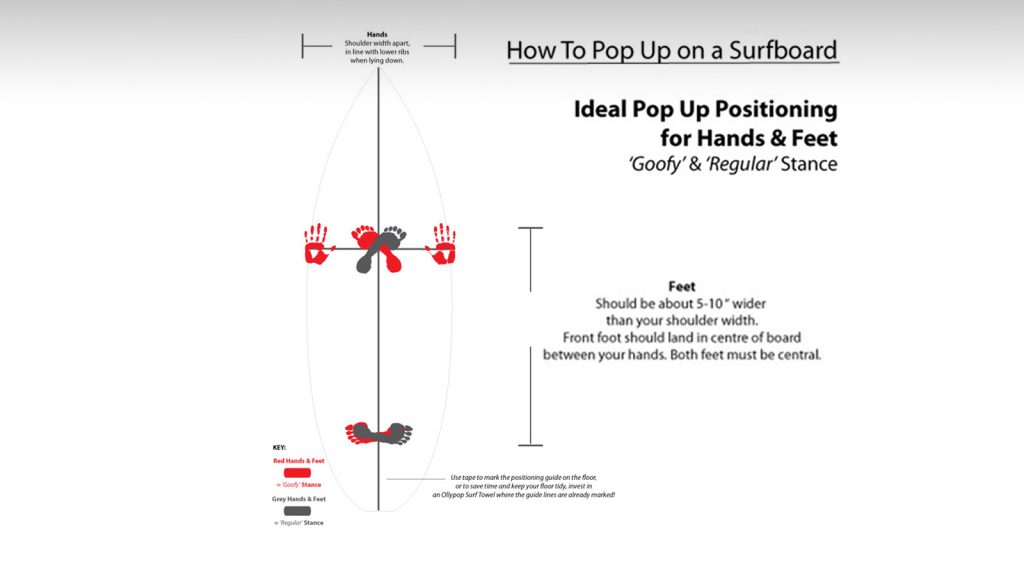
Positioning and Balance
The first thing to think about when laying on your board is positioning, making sure that your balance on the board or in the “sweet spot” is critical to a well-performed
Tips for positioning
- More weight on the front will increase planning speed and momentum when catching waves but also increase the chance of nose diving
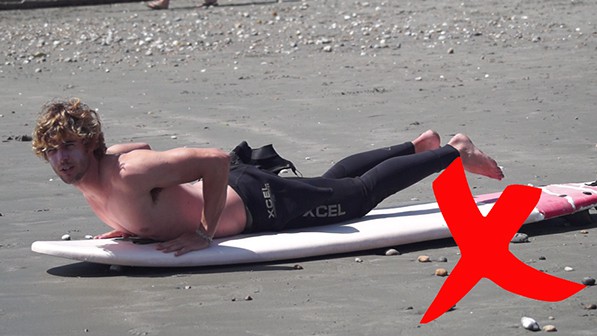
- More weight on the back will give you more control and stability to manoeuvre a turn and also slow the board down. But too much weight on the tail may make it more difficult to catch waves and keep the board planning
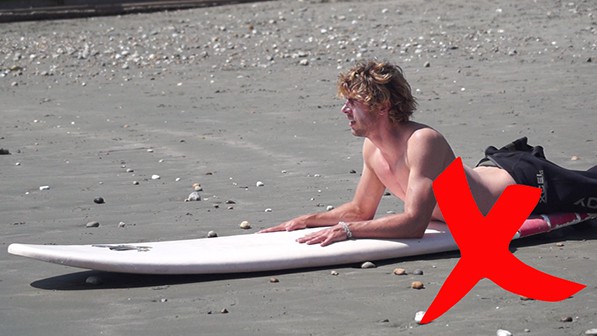
- Balanced in the middle “sweet spot” this is the best of both worlds being able to paddle efficiently and maintain speed without sacrificing speed or manoeuvrability
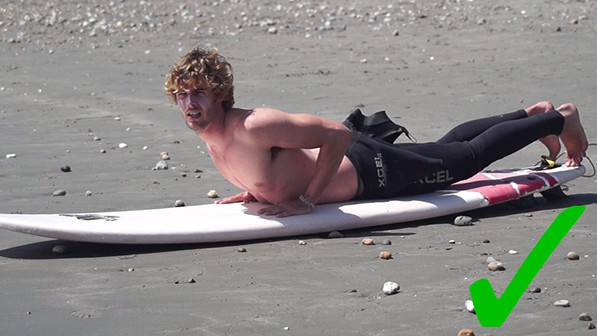
Pop up techniques
The surfing pop-up is essentially an explosive push up. This is how you get to your feet on a surfboard! To make the pop-up easier, practice several pop-ups on dry land every day. This will build up your arm strength and give you some muscle memory. When it comes time to do it on a surfboard you’ll have a much easier time.
Everyone’s surfing pop-up is slightly different, but for all intents and purposes, the pop-up technique is basically the same for everyone. The pop-up should be a single fluid motion. Don’t worry if you don’t get it exactly right the first few times. It will come with practice. You’ll also need to build up some muscles.
The key points of the pop up are.
- Lie on your chest head facing the nose and feet just on the tail with your body straight
- Place your hands flat on the board at the bottom of your ribcage (as if you were doing a press-up), board width apart Hands by your side, thumbs in line with lower ribs
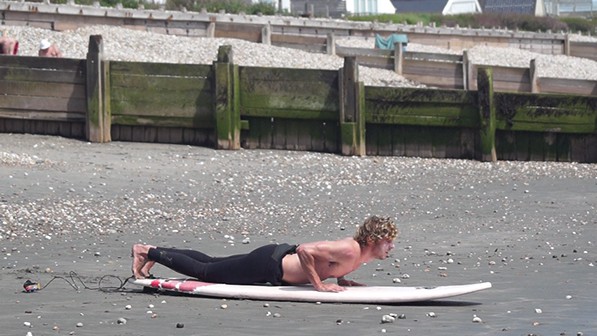
- Arch back; Push your chest off the board with your pelvis and upper thighs still in contact with the board.
- Shortboard pop-ups – don’t spring from the toes! You need to use your upper body strength to launch forwards. It’s a lot harder, but a necessity if you’re a short border or wants to increase your core upper body strength.
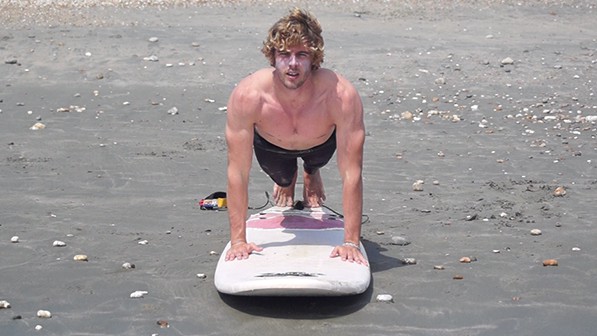
- Without relying on your knees, bring your front foot forward under your body to approximately where your hands are. Your lower torso will twist. Both feet leave the board at the same time and both feet land back down at the same time.
- Once you begin to land in the middle of the surfboard, it will remain flat so you can release your hands from the rails and rise. Your back foot will naturally follow—your feet should be parallel to your board’s stringer.
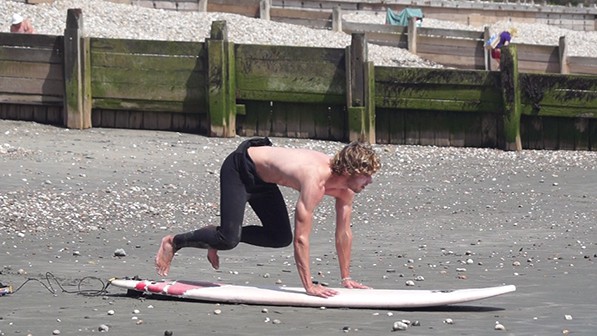
- Get front foot between hands), back foot should land about a shoulder width from the front foot
- Twist your body from the hips moving up to a low bent knees position with your arms out helping balance and eyes looking forward. As you come up into the stance, continue looking where you’re going at your surfboard as you may need to start shifting your weight right away.
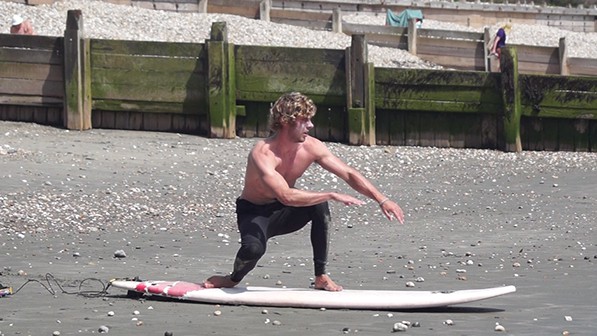
- Lean on your back foot for control or to initiate a turn.
- Lean on your front foot to go faster!
Variations of the pop
One Knee First –
If you are having a little trouble getting to your feet with the pop-up, then there is a short-term solution to helping you get to the standing position. Instead of going straight up on to your feet, you can place the back foot first with is slightly less explosive.
- Starting in the original pop up position push up with your arms
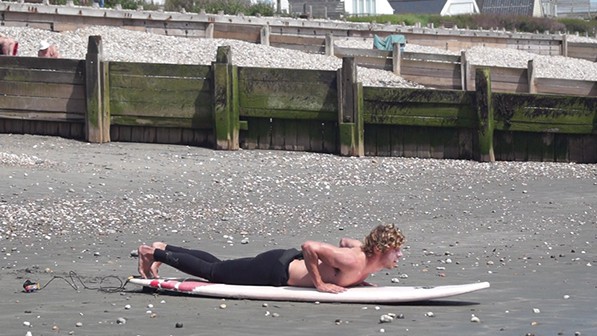
- Slide the foot you want at the back of the board forward so your kneeling on one knee
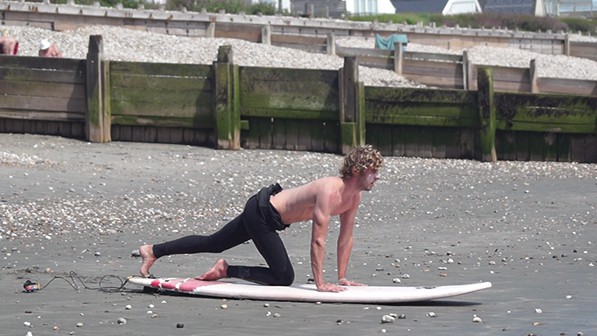
- In one motion bring you other knee forward and place it as close as you can in-between your hands
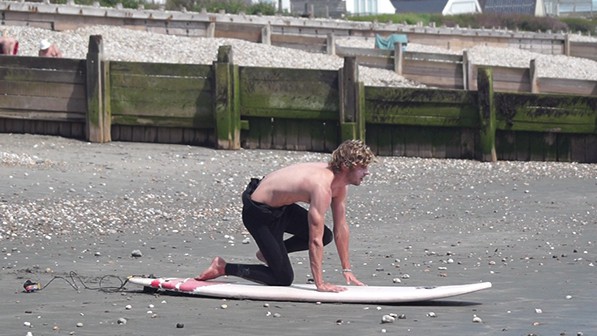
- Now push up with your hand and twist allowing your feet to become parallel with the board
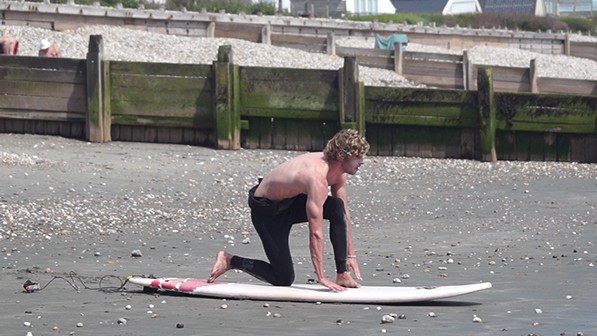
- Slide the front foot up under you into the correct position making sure to keep your back foot and lower leg resting at the rear of the board.
Back foot first pop up
This technique may be slightly easier for beginners and has easier stages to follow but should only be used as a short-term solution to standing up
- Push up into the prone position and bring your back foot forward about 14-18 inches this will open up the hips.
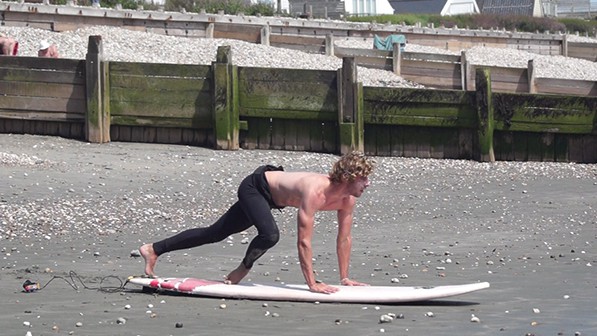
- Bring your other foot (front foot) forward underneath your chest as close to your hands as possible in the centre of the board
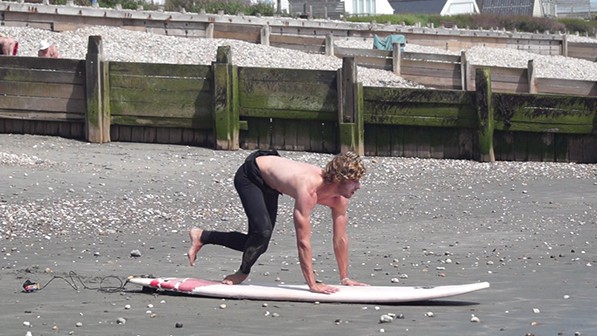

- Keep looking forward and push off the deck with your hands whilst twisting your hips to become parallel with the rails

Stance
Stance is key to the longevity of your ride and also the control a bad stance will mean your ride is over quickly whereas a good stance will be able to maximize the time
Tips for stance
- As you come up into the stance, continue looking where you’re going at your surfboard as you may need to start shifting your weight right away.

- Stand sideways on the surfboard. With either the right feet near the back, which is called “regular foot”, or with the left foot towards the back, which is called “goofy foot”.
- Upper body centred. It is critical to keep your hips centred over your feet
- Legs shoulder width apart. Then you can use weight shifts by applying more weight to one foot or the other to keep the board flat. The flatter the board stays the farther you will go on the wave.
- Arms out: helping you to balance and also used as a guide to help direct your board were to go
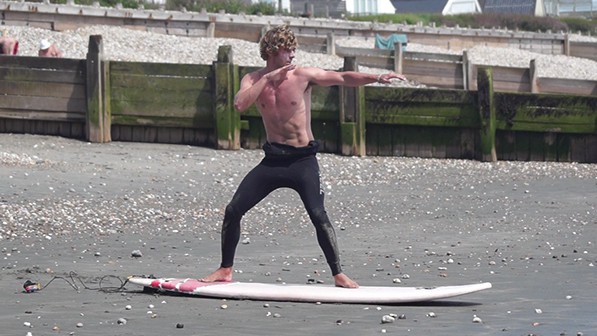
- Looking forward: looking forward not only helps with balance and stability but it will be the key to turning and
- Feet parallel in the centre of the board. The wider apart you can spread them the more balanced you will be and more control and stability of the board you will have.
- Lean on your back foot to slow down or for control or initiate a turn. Lean on your front foot to go faster!
Practice this technique in the shallows in the whitewater until you can come up and surf at least half of the time. Then you will be ready to paddle out into some bigger waves.
Good luck
10 Simple Ways Surfers Can Go Plastic Free
why go plastic free?For a long time the world has seen pictures and videos of rubbish piling up on to beach all over the world floating in the water of desert islands or even the great pacific garbage patch creating an impenetrable trash island. this has been brought...
SUP MAG Review The Widowmaker Surf SUP
We got in touch with Sup Mag UK Again after they last tested our Widowmaker 8'3 surf SUP a few months earlier. They wanted to give our biggest Widow Maker (9'1) ago and compare what they found to the 8'3. we happily obliged and sent over a brand new 9'1 widowmaker to...
How To Wax A Surfboard
How To Wax A SurfboardWax has been used for years to help surfers gain traction and grip to their surfboards in water. Traditionally a surfboard is quit slippery in the water and without wax or traction pads I would be difficult to paddle and ride. Most surfboards...
Never Wax Your Surfboard Again
Never wax your surfboard again Waxing a surfboard can be a tricky task if you don't know what you were doing, tropical warm cool and cold water wax as well as base coat there is quite a few different waxes you'll need depending on the conditions if you want to know...
10 Reasons Smoothies Are Perfect For Surfers
Do you like smoothies now I know what your thinking smoothies aren't just for the hipsters, they are actually an incredibly powerful way of eating that can have incredible effects o your surfing. Pro surfers like Kelly Slater, and Stephanie Gilmore have talked about...
SUP MAG REVIEW – Navigator
The SUP Mag Review Our Navigator has been our best selling sup for the last 3 years and for good reason, its one of our most versatile all round Stand Up Paddleboards we offer. Ideal for beginners just starting out looking for s stable platform that's easy to paddle...

